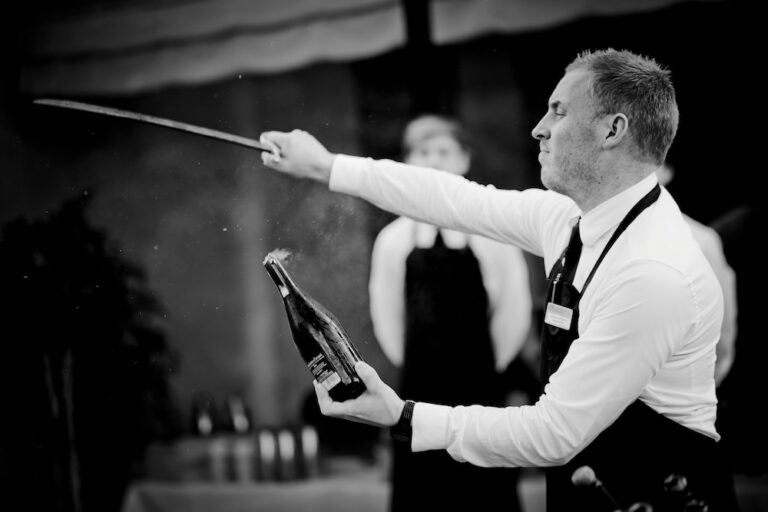half-half
The English phrase “half-half” or “half and half” can refer to an equal division, a mixture of two things, or a situation where something is shared equally. In French, several expressions can be used, depending on the meaning. Moitié-moitié “Moitié-moitié” is the most common way to say “half and half” in French. It is used…









